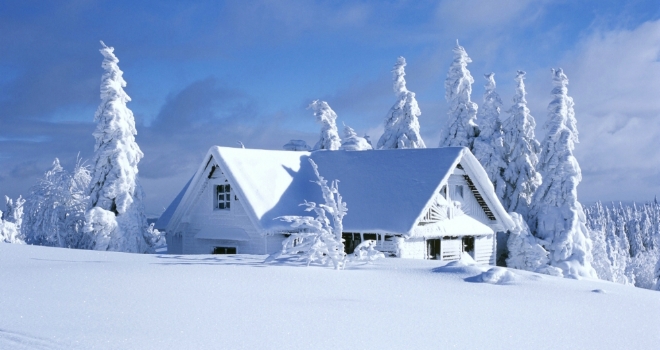
If you are a keen skier and are thinking of buying a property in a ski resort, these are the main points you need to consider, according to overseas property and finance expert Simon Conn.
Location: Always make sure that you visit a property before purchasing it, because marketing material, or someone else’s description, can be misleading. Any property you purchase should ideally be near a ski lift and resort facilities such as shops, bars and restaurants.
You are most likely going to rent out your cabin or chalet in order to earn some income from it. Should this be the scenario, make sure it is as attractive as possible to potential holidaymakers. They will not want to get the car out to drive to a ski lift.
The most popular locations for British purchasers of overseas ski property are currently Swiss, French & Austrian Alps, Aspen (in the US) and Whistler (in Canada).
One consideration that will probably be important is whether the property is in a fashionable resort. In France, for example, Chamonix, Val d’Isere or Courchevel are all popular. Such resorts could lead to better rentals and future re-sales.
Resorts whose popularity have waned over the years are Les Arcs and Les Deux Alps, which are both now considered by some as over-developed and somewhat charmless.
Type of property: The construction of ski properties tends to be a little different than ‘normal properties’, where there is often a lot of wood used.
You will therefore need to be aware that there might be certain restrictions from a lender on the types of material that a property can be constructed from, or the style of property.
It is therefore a good idea to get a full survey undertaken of any property you are thinking of purchasing.
Management and maintenance: Whether you are intending to rent out your property or not, you will need to arrange someone to manage and maintain it. There is the obvious aspect of general cleaning and repairs, but also the marketing of the property. Be aware that the charges for these services can vary significantly and need to be factored into your budget.
Snow: This may sound obvious, but snow is something you will have to consider. Make sure you know when the ski season starts and finishes and when the prime rental periods are. Check whether local authorities clear access to major roads in the winter. You will also need to arrange for the snow to be frequently cleared to allow for safe access to your property and relieve the pressure on the roof, otherwise this could cause serious damage.
Summer months: When considering purchasing for rental purposes, you will also want to take into account whether the location of the property is also ideal for summer vacations as this can result in additional rental income. Some mountain locations can be stunning in the summer and attract a lot of walkers, mountain bikers and horse-riders.
In summary, general good practice applies when thinking of purchasing any overseas property, including:
• Check local prices.
• Talk to an English speaking local lawyer and ask him or her to explain to you what the sale contract commits you to entering into before you sign.
• Be wary of pressure from estate agents and other intermediaries. It is sometimes better to be prepared to lose a property than to sign up to commitments you do not understand, or had not been properly translated.
• Ask for a copy of the draft completion document (ie: in France, the ‘acte authentique’), well in advance.
• Ensure that any required funding is in place well in advance.
Happy skiing!





